Revisiting the Zone Debate
Iris GW
15 years ago
Related Stories

KITCHEN WORKBOOKNew Ways to Plan Your Kitchen’s Work Zones
The classic work triangle of range, fridge and sink is the best layout for kitchens, right? Not necessarily
Full Story
BASEMENTSBasement of the Week: From Dumping Ground to Family Zone in Minnesota
Erasing every trace of this basement's former life took creative thinking and smart design touches
Full Story
KITCHEN DESIGNKey Measurements to Help You Design Your Kitchen
Get the ideal kitchen setup by understanding spatial relationships, building dimensions and work zones
Full Story
LIFESimple Pleasures: Put On Your Slippers
Preserve the peace and protect your floors and carpets by turning your home into a no-shoes zone
Full Story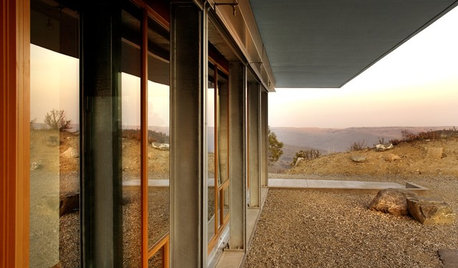
GREEN BUILDINGOff the Grid: Siting and Building to Conserve Energy
Look to low-tech solutions for big energy savings when you’re constructing a home
Full Story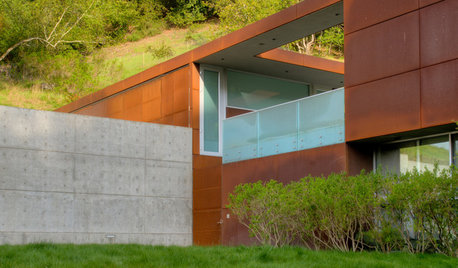
GARDENING FOR BUTTERFLIESGreat Design Plant: Coyote Bush
Remarkably resilient, this coast-happy shrub attracts native wildlife — and its leaves have an unusual attribute
Full Story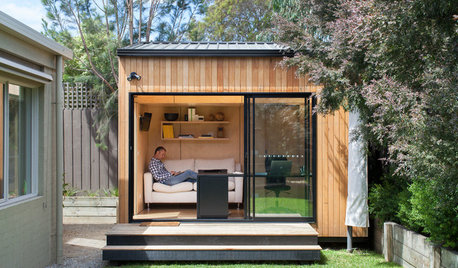
REMODELING GUIDESDesign Workshop: Is an In-Law Unit Right for Your Property?
ADUs can alleviate suburban sprawl, add rental income for homeowners, create affordable housing and much more
Full Story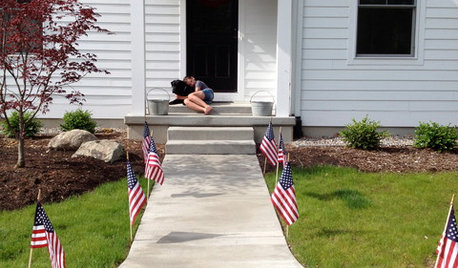
MOST POPULARHow to Hang the American Flag at Home
We’ll show you how to display the American flag on your house for Memorial Day, the Fourth of July or all year round
Full Story





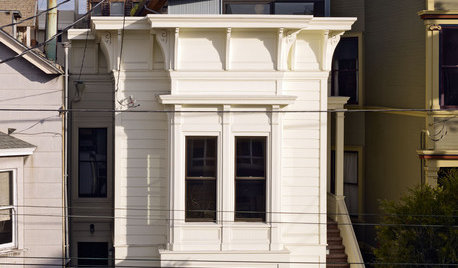

razorback33
mk87
Related Professionals
Surprise Landscape Contractors · Beachwood Landscape Contractors · Lake Zurich Landscape Contractors · Middleton Landscape Contractors · Norristown Landscape Contractors · Rochester Landscape Contractors · Seven Hills Landscape Contractors · Baileys Crossroads Landscape Contractors · Raytown Landscape Contractors · La Grange Fence Contractors · Palmetto Bay Fence Contractors · Tallahassee Fence Contractors · Costa Mesa Window Contractors · Tucson Window Contractors · Security-Widefield Window ContractorsIris GWOriginal Author
rosie
razorback33
mk87
nippersdad
georgia_transplant
nippersdad